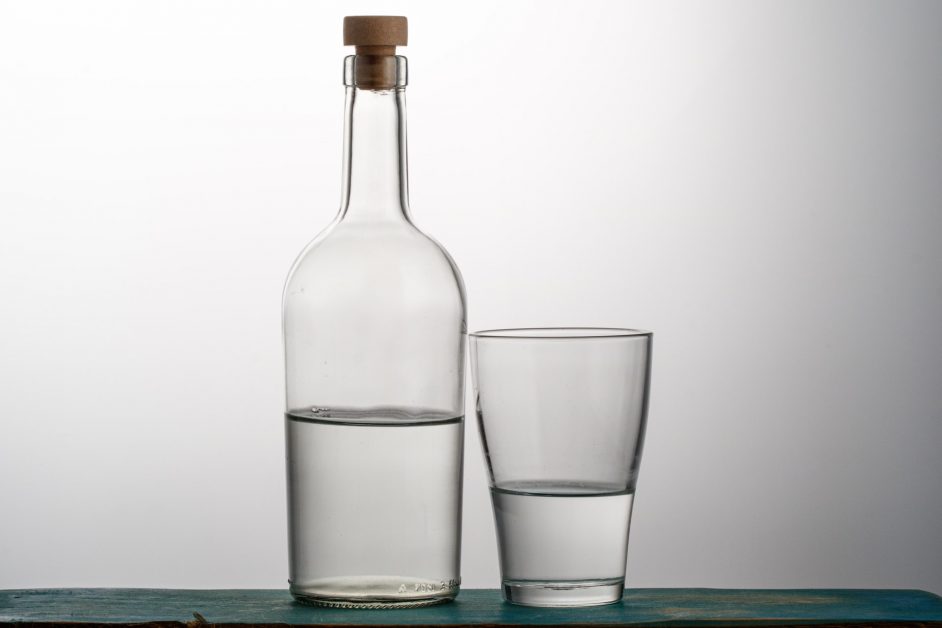Glass is one of the most useful materials on the planet. It can be used to glaze buildings, hold liquids and solids and can even be used as a base material for artwork.
But is glass biodegradable and what impact does it have on our environment? We find out in this article.
What is Glass?
Glass is a solid material that is formed by heating sand to extreme temperatures.
Sand is heated using a furnace or oven that can maintain a high temperature. Once sand has melted, it can then be manipulated into various shapes which is known as glass blowing.
Once glass cools, it maintains this shape which we then use for everything from window glass to drinking glasses.
Is Glass Biodegradable?
No, glass is not biodegradable.
Glass is inorganic, which means that it cannot be consumed by microbes and bacteria.
If you were to leave a piece of glass undisturbed, its physical structure would not change even after millions of years.
How Long Does Glass Take to Biodegrade?
As glass is fragile, it is possible for it to be broken down over time by wind damage and impact damage.
This damage breaks glass into smaller pieces, and over time, it is possible for glass to be ground away to dust.
For glass to break down like this in the natural environment would take millions of years and isn’t guaranteed.
Glass that is disposed of in landfill will never break down as once buried, there are minimal forces acting on it due to being underground and protected from further damage.
Is Glass Eco Friendly or is it Bad for the Environment?
Glass is a sustainable material with a limited environmental impact.
The raw material, sand, is found in abundance naturally and doesn’t have to be grown or farmed. This means that land isn’t sacrificed to produce it and precious natural resources like water aren’t needed for cultivation.
The production of glass does require the use of heat energy, which can take the form of electricity as well as the burning of coal. The production process is the most harmful aspect of making glass because of the fuel consumed and emissions emitted, but this is still minimal as a percentage of total world pollution output which gives glass a low carbon footprint.
On the positive side, glass can be recycled which means it never has to be sent to landfill.
Is Glass Worse Than plastic?
Glass is better than plastic from an environmental point of view.
Plastic is one of the worlds biggest pollutants and causes significant harm to our planet.
Glass that is dumped in the natural environment is less harmful than plastic to our eco system.
Is Glass Recyclable?
Glass is 100% recyclable and among the most recyclable materials in existence.
Any type of glass can be recycled and used to create new glass such as glass bottles, drinking glasses, vases and more.
One study shows that for every six tons of recycled glass there is a 1 ton reduction in carbon dioxide emissions.
The problem is that 28% of glass bottles in the US never reach recycling plants, which means that millions of tons of glass go to landfill sites every year.
How Do I Recycle Glass?
Glass is easy to recycle. Most cities have a household waste recycling programme that allows you to put out recycling bins for collection at the curbside. If you don’t, simply take your used glass to your nearest recycling centre.
As an interesting fact, green glass is usually made with around 70% recycled glass.
Reusing your glass bottles and jars within the home is a great idea. Glass can be cleaned very easily so can quickly be reused for storing food and drinks.
If you are keen on DIY and crafts, you can also repurpose your glass jars and turn them into art or use them to plant flowers.
Conclusion
Glass is not biodegradable but it is still highly desirable as a material, both for its performance properties and sustainability credentials.
Greater awareness of the importance of recycling glass will further reduce its environmental impact and lower its carbon footprint.
